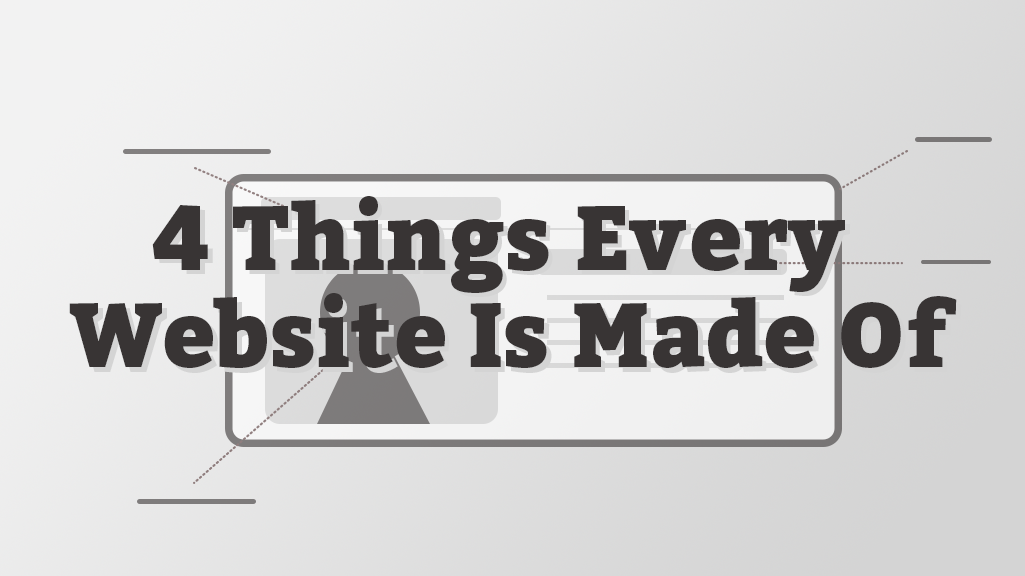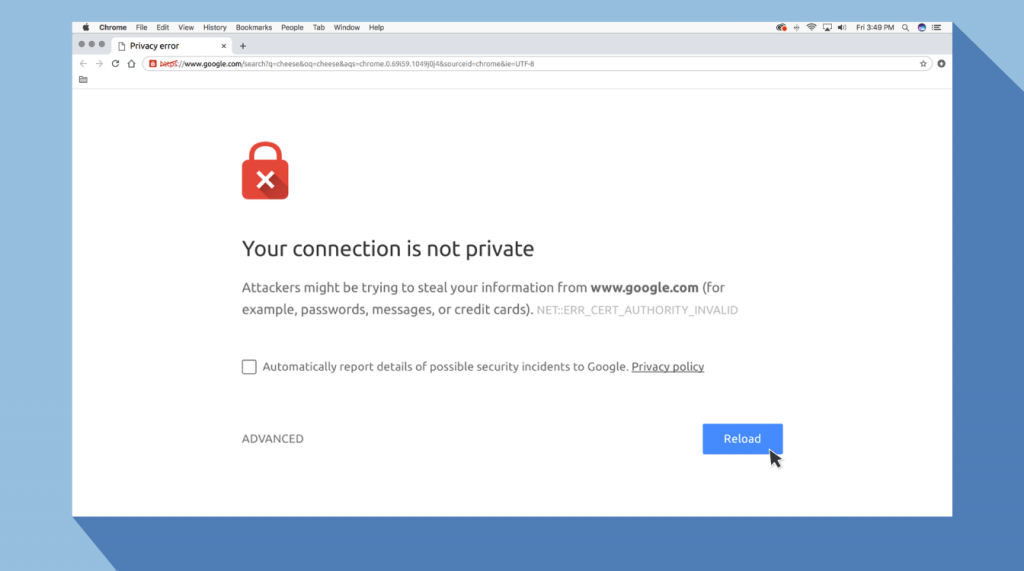
When you find articles about website development, do they sometimes read like a vocab quiz you didn’t study for? Without a professional on call or a dictionary in front of you, it’s all too easy to get lost in all the web dev jargon.
We can’t offer you a 4 year digital communications degree because no one’s got the time or the money for that. What we CAN offer you is a cheat sheet to help you understand enough of the basics to make informed decisions regarding how to build your site.
Our Tip: Treat your website like you’re looking to rent and furnish an office for your business. This is what you’re going to need to get started:
Think of this like renting space on the internet, because that’s essentially what it is. Your website hosting is the computer where your site lives. Companies like GoDaddy, Bluehost, and HostGator typically specialize in hosting and offer website builders on the side. (Unlike companies like Squarespace, Wix, and Webs.com, which offer website builders with hosting on the side.)
These will typically offer you a couple of packages for what’s called “shared hosting” or “managed hosting,” meaning that your website is sharing it’s computer with a bunch of other websites. It’s important to know that this means that you’re sharing that computer’s processing power and only getting a sliver of that computer’s juice. There are typically options to “rent” a computer only for your website, but it comes at a very high price.
If you’re building a 1 to 10 page website you’ll probably be able to get away with a low-tier shared hosting plan, but if you plan on making a site that will continually add pages-like a blog-or if you plan on uploading a bunch of photos or videos directly to your website, you may want to consider getting a higher tier package.
This is the program/service you’ll be using to design and update your website, and it plays a big role in both how easy it is to set up your site and how much you can do with it. Think of it like you’re leasing equipment – like printers, computers, paper shredders, etc. for your office.
The most popular website editor is WordPress, (.org, not .com) because it’s not only the most robust web builder out there but it’s completely free to download. However, it’s not the most user-friendly website builder. It lies somewhere between being developer-friendly and expert-friendly, so there’s a bit of a learning curve when trying to use it.
Also, WordPress (.org, not .com) is just the part that builds the website, it doesn’t host it, so you’ll still need to upload the site to whatever server space you rent, meaning you have to research how to do that.
More options include Squarespace and Wix, which is very beginner oriented and usually takes care of all the messing install steps (like setting up hosting, installing the SSL certificate, and pointing the server toward the domain name). However, this hassle-free option comes at a price. A reasonable one, sure, but you could still save a lot of money if you wanted to learn how to do the setup yourself.
This is your website’s URL name, and it’s something you have to purchase in addition to your hosting. Some hosting plans come bundled with a domain, some you have to get from elsewhere. A lot of website hosting/building services will come with a sub-domain, meaning that you can customize part of the URL but part of it will be the company’s. (i.e. website.wix.com or website.blogspot.com.)
That’s the “s” in https. It’s what’s protecting a user’s connection to your site, and thanks to Google is now required if you don’t want your users to hit a page that looks something like this.

It’s like the city your office is in requires that you keep a sign on the entrance that says “ENTER AT YOUR OWN RISK” if you don’t have a lock on the door.
Can they still technically make it to your site? Yes.
Will they? Probably not.
The bummer with SSL Certificates is that you have to shell out extra cash for them. Some services come with them bundled with everything else, some will offer you one year for free then make you pay afterward. (Lookin’ at you, GoDaddy.)
There are a couple of free options, such as Let’s Encrypt or ZeroSSL, however they require an experienced website developer to install or a lot of research, so pursue at your own risk.
In conclusion, if you’re still reading this then congrats on not quitting and setting up a Squarespace site. (No hate, though. In this house we appreciate Squarespace.)
In conclusion, if you’re still reading this then congrats on not quitting and setting up a Squarespace site. (No hate, though. In this house we appreciate Squarespace.)
{
Looking for someone to take care of your website setup for you?
Reach out to us for a free 15 minute consult today!
}
Copyright © 2025 SONDER STUDIOS. | Privacy Policy